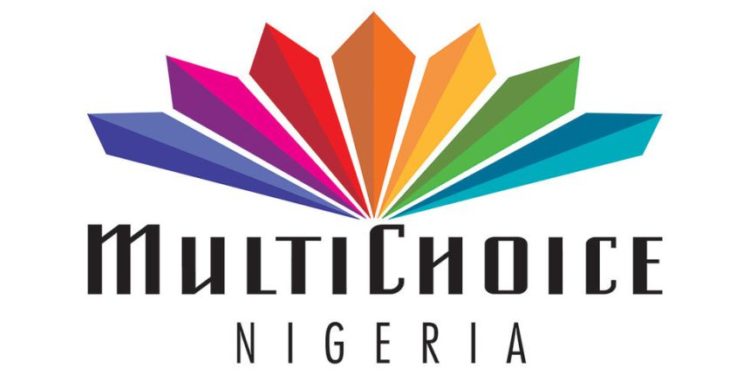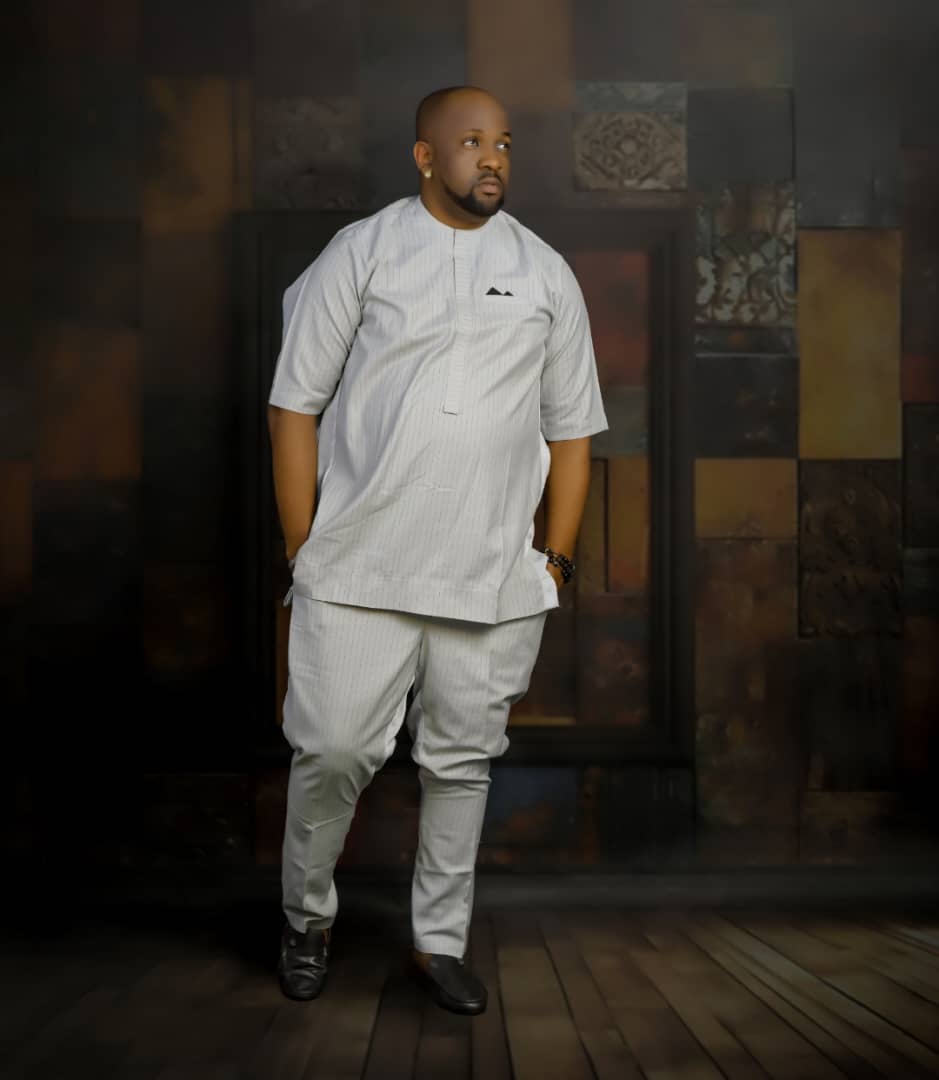Hausa language is one of the approximately 521 languages spoken in Nigeria. It is the mother tongue of the Hausa tribe, whom are found in northern Nigeria as well as other regions across the country.
Often times in Nigeria, many erroneously classify the entire people of northern Nigeria as Hausas, but while Hausas and Fulanis are the majority in the region, there are hundreds of other tribes and languages spoken in the north including Nupe, Jukun, Fulfulde to name a few.
Spread across many regions in Africa, Hausas are one of the largest ethnic groups in Nigeria, though the largest concentration of the tribe are found in Nigeria and Niger republic.
Hauawa or Hausa people trace their origin to Daura city and the town predates all the major Hausa town in tradition and culture.
Horses play a significant role in Hausa culture, specifically with the monarchs, as the Hausa aristocracy had historically developed an equestrian based culture, and till date horses are regarded as a status symbol of the traditional nobility.
Indeed, it is not uncommon to find horses featured in Eid day celebrations, known as Ranar Sallah, in places like Kano and even Ilorin.
Over time, Hausa language has developed into a lingua franca across a substantial part of West Africa (especially the northern areas) owing to trade purposes, and it is not uncommon to hear the language being spoken at borders across the region.
There are several interesting facts to note about the Hausa language, here are 5 such things you probably didn’t know about the language.
1. It has an advanced writing system
Hausa is arguably one of the most advanced languages in Nigeria, and Africa as a whole. The language was commonly written with a variant of the Arabic script known as ajami but is now written with the Latin alphabet known as boko. There is also a Hausa braille system. The first boko was devised by Europeans in the early 19th century, and developed in the early 20th century by British (mostly) and French colonial authorities. In 1930, it was made the official Hausa alphabet and since the 1950s boko has been the main alphabet for Hausa. As a result, ajami (the Arabic script) is now only used in Islamic schools and for Islamic literature. Fun fact:Boko, which refers to non-Islamic (usually western) education or secularism is commonly stated to be a borrowed word from the English word “book”. But in 2013, leading Hausa expert, Paul Newman published “The Etymology of Hausa Boko“, in which he presents the view that boko is in fact a native word meaning “sham, fraud”, suggesting that Western learning and writing is seen as deceitful in comparison to traditional Koranic scholarship.
Also read:
2. It is a widely spoken Nigerian language
Hausa is arguably the most widely spread indigenous Nigerian language as it is spoken in communities outside the country. While a good majority of native Hausa speakers are found in northern Nigeria, Chad and Niger republic, it is also used as a trade language in areas across West Africa including Benin, Ghana, Togo and Ivory Coast. Hausa is also spoken in countries within Central Africa such as Central African Republic, Cameroon and Gabon, as well as northwestern Sudan.
3. The only Nigerian language that is broadcast by foreign stations
Ever wondered why that neighbourhood mallam is glued to his radio all the time? It’s probably because he’s listening to broadcasts from international networks rendered in native Hausa language. More than a few international broadcasting stations offer dedicated Hausa broadcasts. Thus making it the only indigenous Nigerian language with foreign station broadcasts. Some international stations that offer broadcasts in Hausa language include British Broadcasting Corporation (BBC), Radio France Internationale, China Radio International, Voice of Russia, Voice of America, Arewa 24 Deutsche Welle and IRIB.
4. Daura and Kano are regarded as the standard Hausa dialects
Like many indigenous languages around the world, Hausa language has several dialects including the Eastern Hausa dialects like Dauranchi in Daura, Kananci which is spoken in Kano, Bausanchi in Bauchi, Gudduranci in Katagum Misau and part of Borno, Kutebanci in Taraba and Hadejanci in Hadejiya. Western Hausa dialects include Sakkwatanci in Sokoto, Katsinanci in Katsina, Arewanci in Gobir, Adar, Kebbi, and Zamfara, and Kurhwayanci in Kurfey in Niger. Northern Hausa dialects include Arewa and Arawci, and Zazzaganci in Zaria is the major Southern dialect. Katsina is transitional between Eastern and Western dialects. In all of this however, Daura (Dauranchi) and Kano (Kananci) dialect are regarded as the standard, and these are the dialects BBC, Deutsche Welle, Radio France Internationale and Voice of America offer their broadcasts in.
















